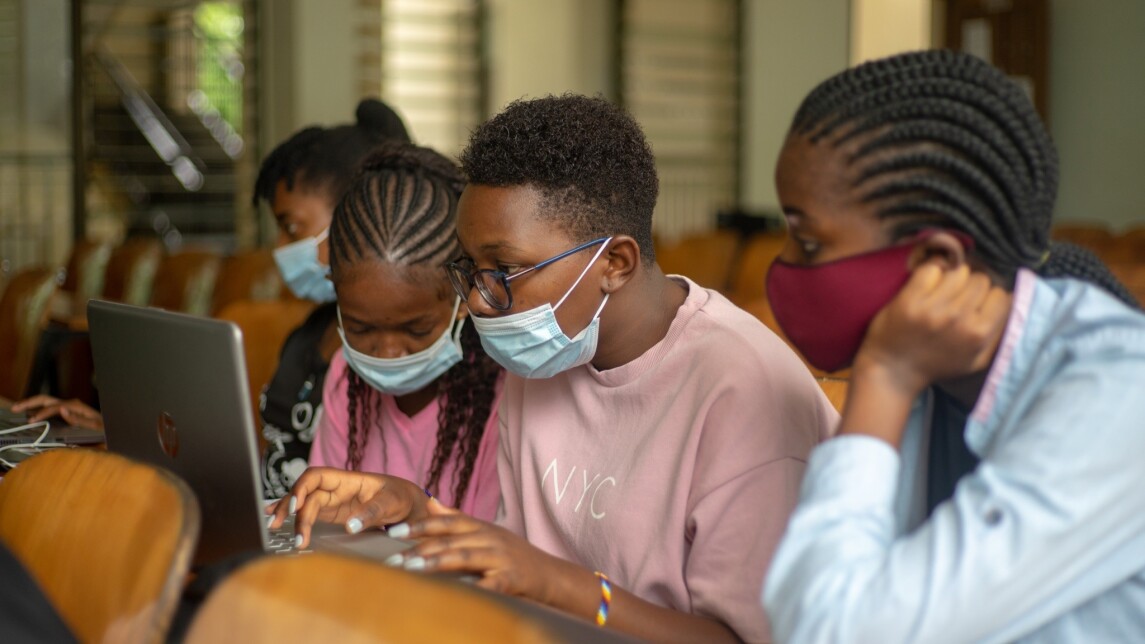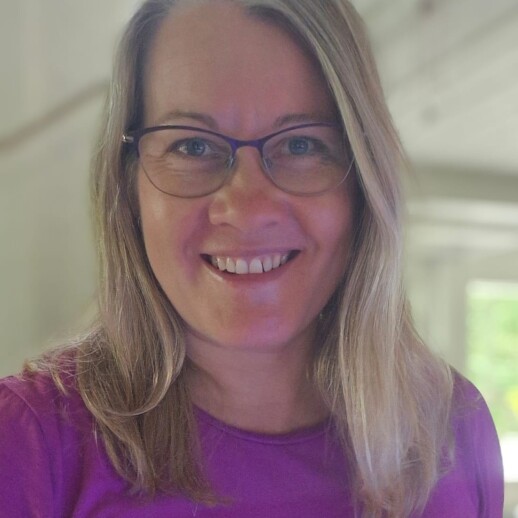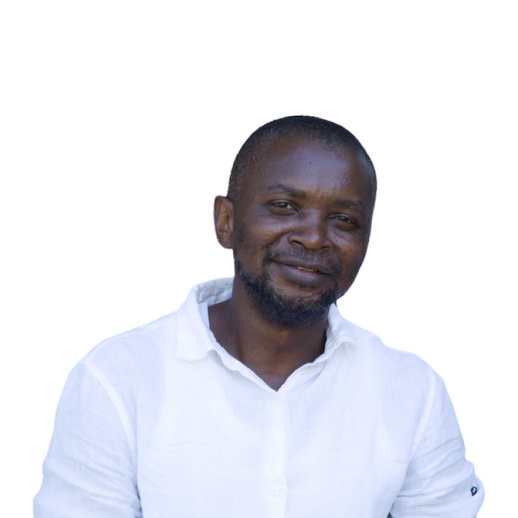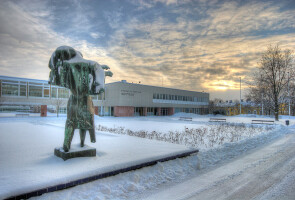Open Science is one of the most rapidly growing themes in the academic world. This week University of Turku celebrates the international Open Access Week by showing some examples on how we are advancing open science. Open Science has a significant role in developing geospatial and ICT learning in Tanzania.
Open Science represents a new approach to the scientific process based on cooperative work and new ways of diffusing knowledge by using digital technologies and new collaborative tools. Open Science is an umbrella term that involves various attempts to remove the barriers for sharing any kind of output, resources, methods or tools, at any stage of the research process.
Creating an open organizational culture
Openness is a central principle in research activities and good scientific practice at the University of Turku. It is one of the five basic values of the university. Aim is to develop an organizational culture, where everyone operates by the principles of open science; supporting open practices throughout the whole research cycle and providing access to research as early as possible to enable open collaboration. Development areas include e.g. openness of research data, open access publishing, open research methods and open co-development through research policies and by developing new modes of operation. This is supported by versatile training, instructions and communications.
Research and education have always been closely linked. Research reveals new knowledge that is shared widely to the public and that is acquired as a part of an individual's own skills development. Therefore, openness in science and research is inherently linked to openness in education.
Open educational resources and new types of open educational practices reduce the need to tie education, learning and teaching to a specific time and place. In this way open education becomes a natural part of a new type of flexible education, in which everyone, regardless of their situation in life, background status, or place of residence, has more opportunities to learn.
Open, affordable and locally adaptable learning materials and tools boost academia-industry collaboration
The Resilience Academy (RA) is the World Bank led university partnership and service delivery program aiming to improve digital skills, competences and employment of the African youth for more effective disaster risk management. Together with four Tanzanian universities, University of Turku is running Resilience Academy in Tanzania to turn open data, e-learning assets, community mapping opportunities and student internships into multiple research, innovation and society benefiting solutions.
Resilience Academy uses open tools and technologies, which are affordable and locally adaptable, such as drone images, satellite data, smartphones and open-source software. New geospatial data and knowledge is created through community mapping methods aiming for improved spatial planning and risk management in the rapidly growing cities vulnerable to climate change.
The Resilience Academy develops e-learning assets, both data sets stored in the Climate Risk Database, and e-learning modules under four key themes of open data for resilience, flood resilience in a changing climate, community mapping for improved resilience planning and Earth observation for resilience. These online courses are implemented into step-by-step learning from key concepts and tools to practical hands on learning tasks with digital data and software and field working.
The courses developed so far focus on advancing students’ skills and competences related to themes such as geospatial content management system (Geonode), geospatial data quality and management, geospatial data visualisation, flood mapping, modelling and predictions and community mapping for improved resilience planning. The developed courses are also being utilized as part of the university curricula, both in Finland and Tanzania.
The e-learning materials produced in the project are based on the idea that not only we need to teach the students relevant working-life competences, but in the long term it is beneficial also to provide high quality education materials also to actors outside of universities, such as NGOs and government experts, and even stakeholders abroad. Thus, the overall aim is also to create a model of producing open e-learning materials that can be utilized by universities and their stakeholders around the globe. Since 2018, nearly 1000 students and more than 70 university experts have been trained using Resilience Academy data, e-learning materials and internships.
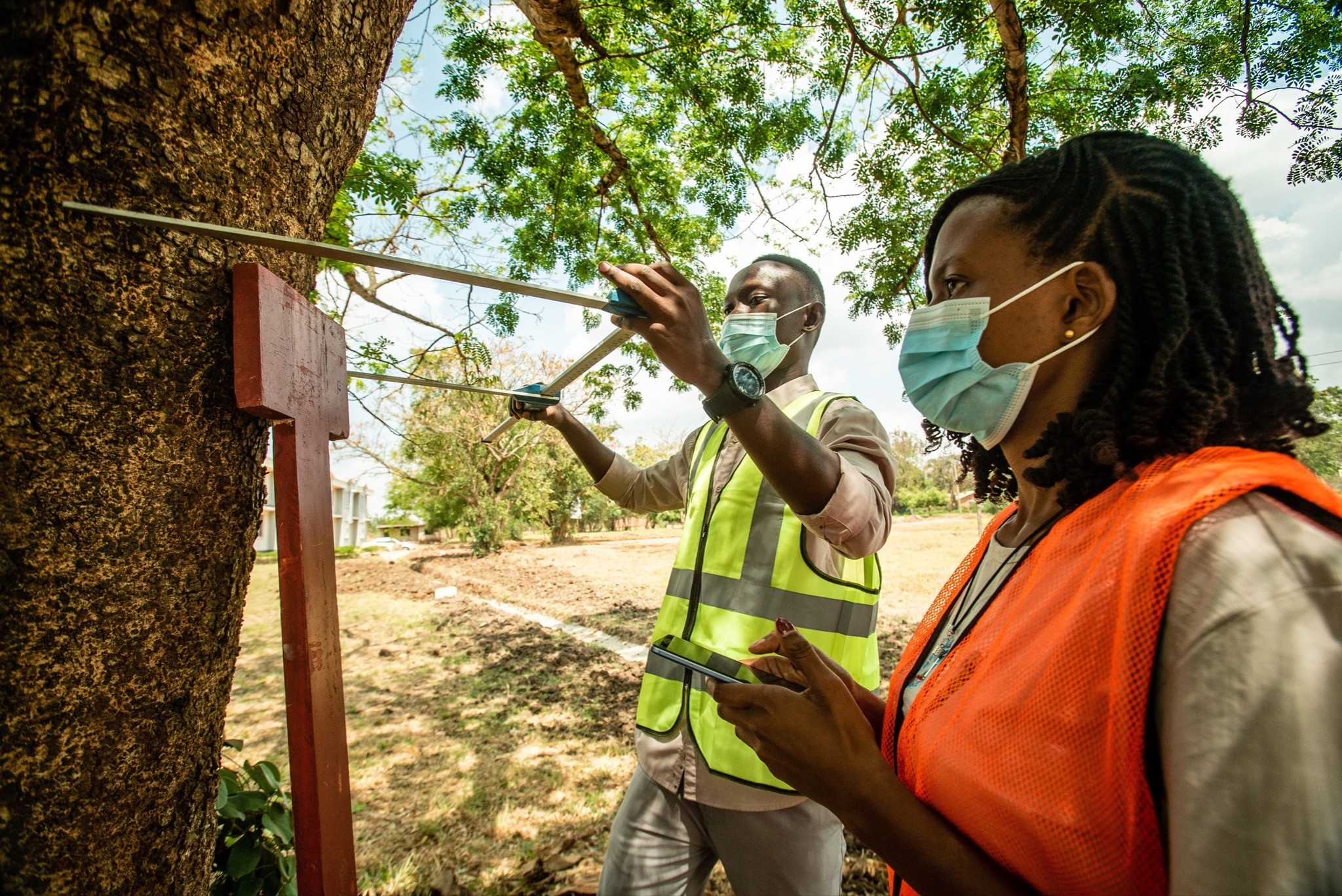
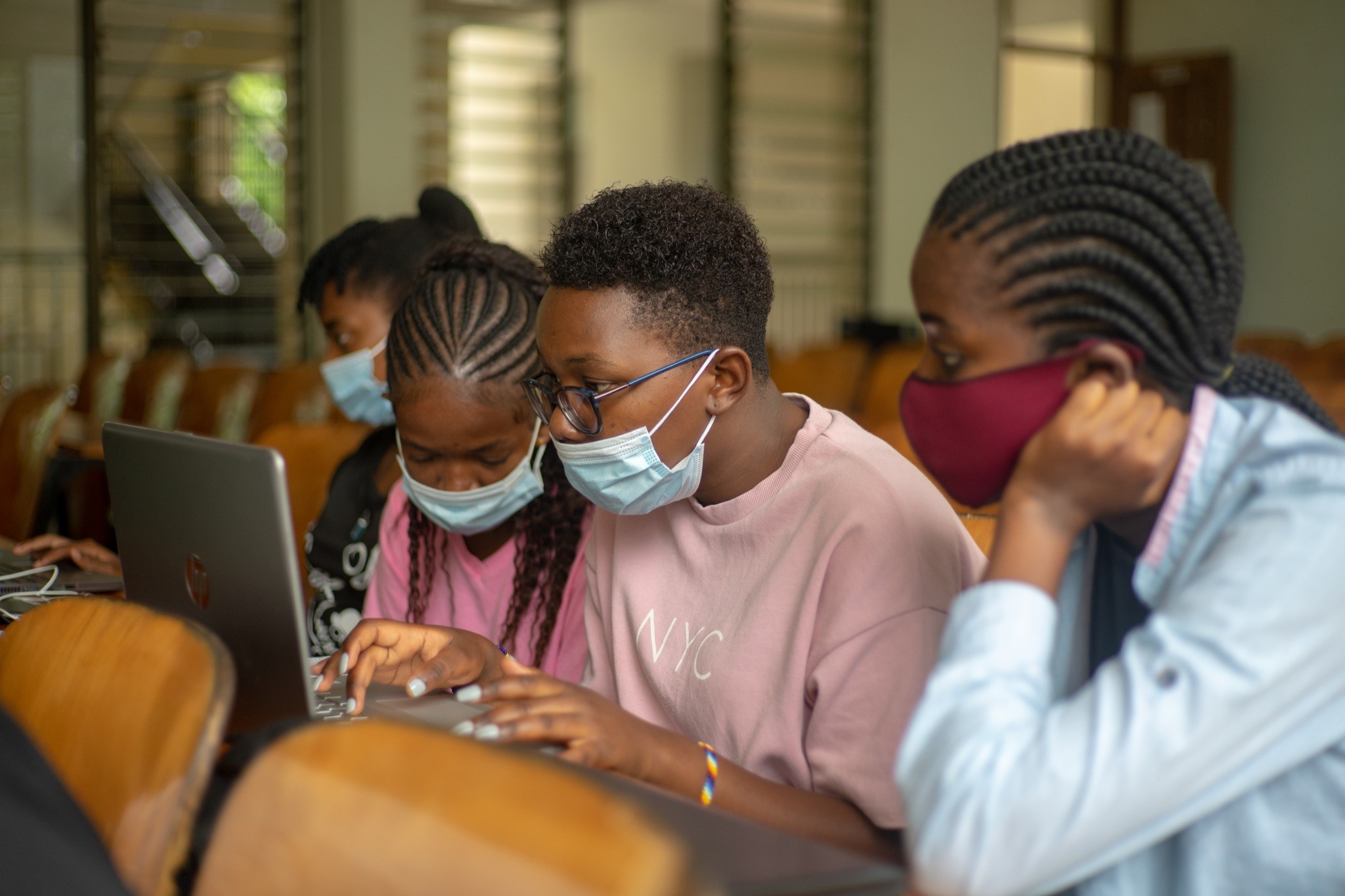
Producing openly accessible Mini-MOOCs enable utilization of e-learning materials in local context
We are witnessing a rapid growth of innovations built on open digital data and technological tools, and these solutions are tackling local societal problems. University of Turku and seven partner universities are aiming to enhance the future employment potential of the graduates with digital multi-competence skills in the GeoICT4e -project (2020-2024), which aims at improving Tanzanian universities’ management and teaching capacities with openly accessible e-learning materials in geospatial and ICT education. The project is coupled with the Resilience Academy, with same universities managing the project in synergy.
GeoICT4e project’s development targets include enhancing digital students’ access and wider usage of online digital e-learning assets, such as open data, open tools, e-learning resources and MOOCs. The project is grounded on a long-term and well-established institutional cooperation between the University of Turku (UTU, Finland) and five Tanzanian universities
The project provides multiple learning opportunities within and outside the partner universities as all e-learning assets are digital and open, and widely accessible for anyone to use. E-learning assets include both digital geospatial data that is stored, shared and reused, and e-learning materials that are produced into nugget-sized mini-MOOCs and self-study packages.
The use of global e-learning materials in teaching is growing, but the use of openly accessible materials in the local teaching context is challenging. To tackle this challenge the GeoICT4e team of experts will produce 40 to 50 mini-MOOCs (short Massive Open Online Courses). Mini-MOOCs are defined as short one to two days e-learning entities, which can be openly accessed online and completed independently without support from teachers. But the philosophy of the project is that these micro credentials are embedded into the local learning environments by each university and their staff for maximum impact.
Materials will be openly available e-learning resources shared via
DigiCampus platform. These globally available open learning materials and MOOCs are also utilized in combination with the locally made course materials.
The project also promotes usage of global and regional open access geospatial data repositories and platforms to ensure that practical nuggets use real geospatial data sets relevant for the local course topic. For example, the project gathers Tanzania-specific geospatial data sets to an open access data repository using Geonode to facilitate education and research related learning opportunities of the students with local data sets. These actions will expand our already established digital data services of the Tanzania Resilience Academy (Climate Risk Database). On top of these consortium wide efforts, the project also supports local investments at the universities for e-learning environments. These investments are made at each university based on their local needs.
The mini-MOOCs focus on advancing students’ skills and competences related to themes such as geospatial data and technology, climate and sustainability, entrepreneurship and innovations, and to develop skills to understand real world problems in space and time. The mini-MOOCs will be integrated into the bachelors and masters level curricula of the Tanzania and Finnish universities. The project is using an online learning platform DigiCampus to facilitate mini-MOOC development and delivery. Digicampus enables use of multiple different learning activities from online video lectures and practical exercises to automatically assessed quizzes.
The Higher Education Institutions Institutional Cooperation Instrument (HEI ICI) supports cooperation projects between higher education institutions in Finland and the developing world. The projects support the HEIs as they develop their subject-specific, methodological, educational and administrative capacity. The programme is funded by the Ministry for Foreign Affairs of Finland and administered by the Finnish National Agency for Education.
